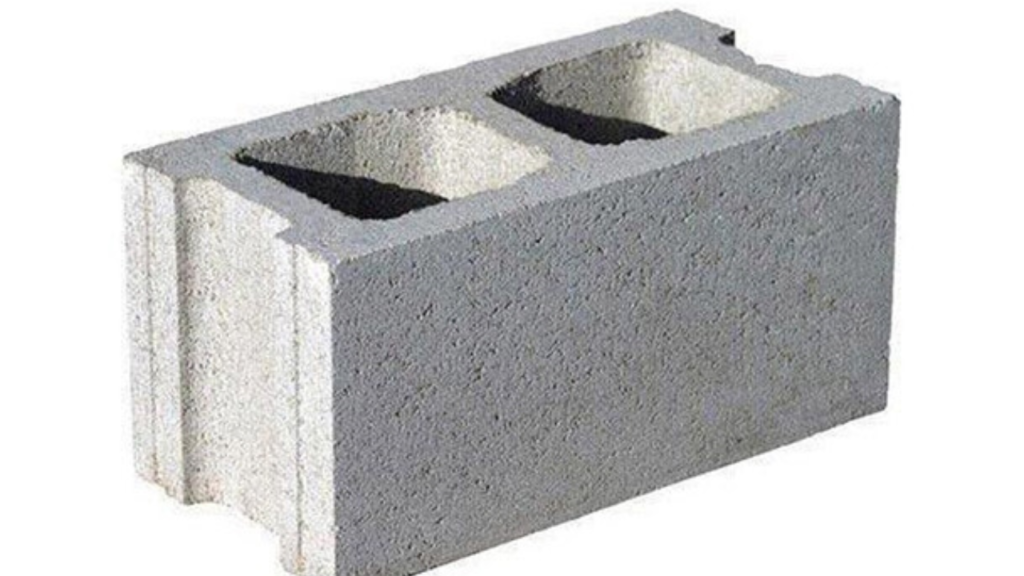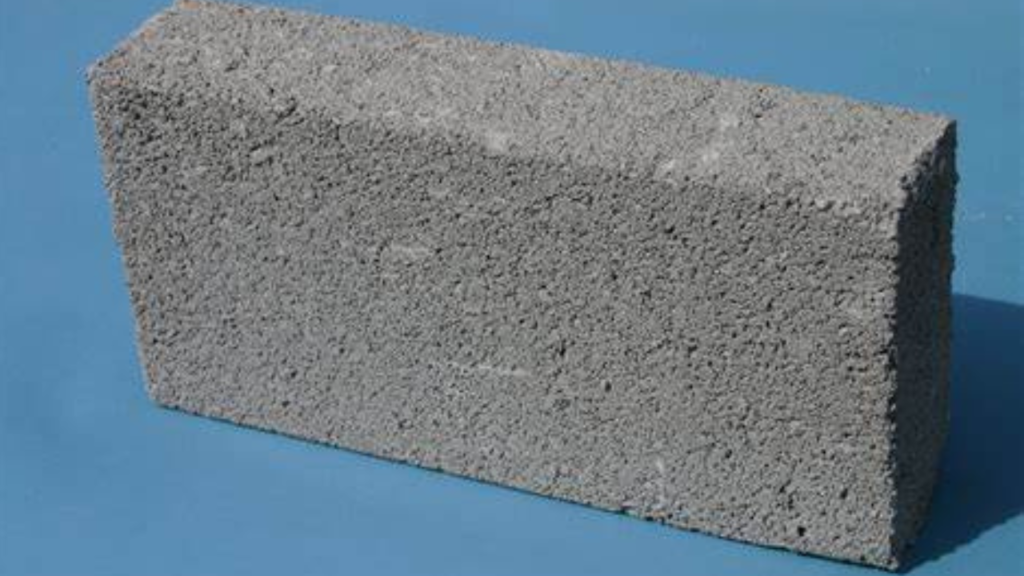When building a house or any structure in Nigeria, one major decision you’ll face is choosing between hollow blocks and solid blocks.
Both are types of sandcrete blocks commonly used in construction, but each comes with its own set of advantages, disadvantages, and ideal use cases.
So, which one is better?
In this article, Bullionrise consult will break down the key differences, pros and cons, and help you decide which block is best for your project.
Table of Contents
ToggleSee also – Which block is best for foundation | how to figure it out
What Are Hollow Blocks?

Hollow blocks are blocks with one or more hollow cores or openings inside.
These openings reduce the weight of the block and improve insulation.
- Common size: 9 inches (external walls) or 6 inches (internal walls)
- Typically used for non-load-bearing or partition walls, but can also be used for load-bearing walls if reinforced
What Are Solid Blocks?

Solid blocks, as the name implies, are completely filled with no cavities. They are heavier and stronger than hollow block.
- Common size: 9 inches or 6 inches
- Mostly used for load-bearing walls, foundations, and areas where extra strength is required
Hollow Blocks vs Solid Blocks: Key Differences
- Weight – Hollow blocks are lighter while solid blocks are Heavier.
- Strength – Hollow blocks are adequate for many structures while solid blocks have Higher compressive strength.
- Thermal/Sound Insulation – Hollow blocks are better insulation due to air gaps while solid blocks have Less insulation.
- Cost – Hollow blocks are slightly cheaper per block while solid blocks are More expensive due to higher material content.
- Ease of Handling – Hollow blocks are easier to carry and lay while solid blocks requires more effort.
- Material Usage – Hollow blocks uses less cement and sand while solid blocks uses more materials.
- Speed of Work – Hollow blocks are faster wall to construct while solid blocks are Slightly slower.
- Durability – Hollow blocks are durable if reinforced well while solid blocks are more durable and resistant.
See also – Is block foundation better than concrete foundation?
Advantages of Hollow Blocks
- Cost-effective: Requires less cement and sand
- Faster construction: Bigger size and lighter weight
- Better insulation: Reduces heat and sound transmission
- Eco-friendly: Less material usage reduces environmental impact
Best For:
- Internal and partition walls
- External walls (with reinforcement)
- Single or double-storey buildings
Advantages of Solid Blocks
- Stronger and more durable: Suitable for load-bearing and high-stress areas
- Better for foundation and base work
- Long-lasting with fewer chances of cracks or failure
Best For:
- Foundations
- Retaining walls
- Multi-storey buildings
- Areas with high structural loads
See also – how many blocks for 3 bedroom flat
Which Is Better?
There is no one-size-fits-all answer. The better option depends on your building needs:
- Choose hollow blocks if you want faster work, better insulation, and you’re building a residential or non-load-bearing structure.
- Choose solid blocks for heavy-duty work, foundation, load-bearing walls, or multi-storey structures where strength is a top priority.
Bullionrise consult Tip:
In many modern Nigerian construction projects, both are used together solid blocks for the foundation and load-bearing walls, and hollow blocks for partitions or upper floors.
Conclusion
Both hollow and solid blocks have their strengths. The right choice depends on your budget, structure type, and performance needs.
When in doubt, consult with a structural engineer or builder to know what suits your project best.
Frequently asked questions
What are the key differences between hollow blocks and solid blocks?
- Hollow Blocks: Have cavities inside, making them lighter and more suitable for non-load-bearing walls.
- Solid Blocks: Completely dense and provide higher strength, making them ideal for load-bearing walls and structural components.
Which type of block is stronger and more durable for construction?
- Solid blocks are stronger and more durable due to their density, making them suitable for foundations and heavy structures.
- Hollow blocks can be reinforced with concrete or steel bars to improve strength, but they are generally used for partition walls.
How do hollow blocks compare to solid blocks in terms of insulation and soundproofing?
- Hollow blocks provide better insulation and soundproofing due to the air pockets within them. They help regulate temperature and reduce noise transmission.
- Solid blocks are dense, offering strong thermal mass but limited insulation unless additional materials are used.
Which block type is more cost-effective for building projects?
- Hollow blocks are more economical due to their reduced material usage and lighter weight, making construction faster and cheaper.
- Solid blocks can be more expensive due to their higher cement content and durability but may save costs in long-term structural stability.
Are hollow blocks or solid blocks better for load-bearing walls?
- Solid blocks are preferred for load-bearing walls because they provide superior strength.
- Hollow blocks can be reinforced but are mainly used for partition or non-load-bearing walls.










